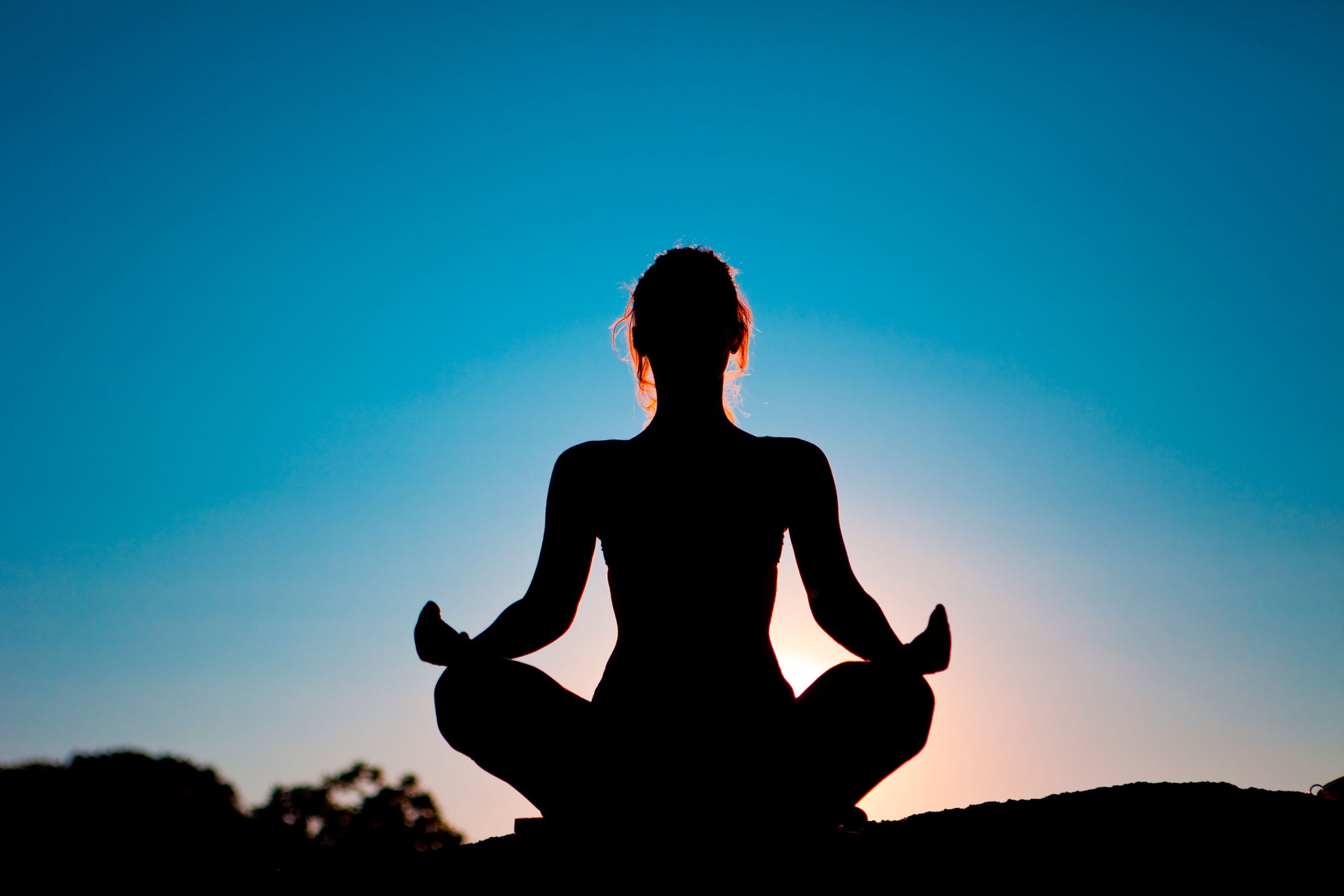
Sleeping pills are big business: About 1 in 25 adults has taken a prescription sleep medicine in the last month, according to data from the Centers for Disease Control. And according to Consumer Reports, Americans spent $41 billion on sleep aids and remedies in 2015—a number that’s expected to reach $52 billion by 2020.
But plenty of people are looking for natural solutions, too. Use of melatonin supplements, for instance, more than doubled in the United States from 2007 to 2012. And while scientific evidence for many herbal and alternative insomnia treatments is thin at best, there are some drug-free remedies that have been well studied by scientists.
If getting to sleep or staying asleep is an ongoing problem, it’s important to figure out and address the underlying cause, says Dr. Daniel Barone, neurologist at New York-Presbyterian and Weill-Cornell Medicine. In the meantime, these alternative remedies may help you get back to sleep sooner.
See TIME’s complete Guide to Sleep
Melatonin supplements
“By far the most common thing I recommend to patients is to take melatonin,” says Barone. The hormone, which is produced by the brain in preparation for sleep, is also available in pill and liquid form, which you can get at any health food store or pharmacy—good news because some modern behaviors can interfere with its natural production. “When we’re exposed to TVs, computers and phones with backlit displays, that tricks the brain into thinking it’s light out and it doesn’t make as much melatonin as it should.”
Getting natural melatonin production back on track is the most sustainable scenario, Barone says, but taking an over-the-counter brand might do the trick short-term. Barone recommends taking between 1 and 3 milligrams 30 to 60 minutes before bed if you have trouble falling asleep, and immediately before if you have trouble staying asleep.
Valerian root
If melatonin doesn’t work or patients don’t want to take it, Barone suggests trying valerian root. A 2015 review published in the journal Evidence-Based Complementary and Alternative Medicine concluded that “a few high-quality studies report modest benefits of valerian for insomnia patients,” adding that while the overall evidence remains mixed, the safety of valerian is well-established.
Like all supplements, however, valerian can have side effects—and you should get clearance from your doctor before taking it, since it can interact with some drugs. “The main thing to consider with all of these substances is how you feel in the morning,” says Barone. “Some people feel fine, but some people feel groggy and hung-over.”
Lavender
A 2016 study published in the journal Explore found that college students who inhaled a lavender-scented patch before bed reported better nighttime sleep and more daytime energy, compared to those who inhaled a placebo patch. Studies in other populations, including middle-age women and heart-disease patients, have also suggested that lavender can improve sleep quality.
This may be due to lavender’s relaxing effects on the body. In a 2012 study in the Journal of the Medical Association of Thailand, people who inhaled lavender oil had significant decreases in blood pressure, heart rate, and skin temperature, compared to those who inhaled a base oil without lavender.
Chamomile Tea
It’s marketed as a before-bed beverage for a reason: The herb chamomile has been used as a sleep aid for thousands of years. While good research on chamomile’s effect on sleep is sparse, one 2016 study in the Journal of Advanced Nursing found that new moms who drank chamomile tea for two weeks reported fewer symptoms of sleep inefficiency and depression.
Plus, says Barone, the feeling of sipping on a warm beverage alone may elicit relaxation and sleepiness. “This type of remedy is not going to hurt and it might help,” he says, “so it’s certainly worth a try.”
Meditation
“I’m a strong advocate of mindfulness and meditation for relaxation,” says Barone, who recommends shutting off electronics 30 to 60 minutes before bed and sitting quietly, focusing on soft music or deep breathing. “And if someone wakes up in the middle of the night, I tell them to do a 10- to 15-minute session of meditation then, too.” If you’re new to meditation, Barone recommends finding a mobile app, audio program, or online video to guide you through some exercises.
In fact, better sleep may be a byproduct of increased mindfulness, even if it’s not directly addressed in practice. In a 2015 study in JAMA Internal Medicine, adults who spent two hours a week learning meditation and mindfulness techniques for six weeks (but who never discussed sleep) reported less insomnia and fatigue than those who’d spent that time learning basic sleep hygiene.
A noise machine
Research published earlier this year in the journal Scientific Reports found that listening to sounds from nature, like a rainforest soundscape or a babbling brook, can trigger a relaxation response in the brain. Soothing background sounds can also cover up manmade sounds like voices or traffic, which were shown in the study to have the opposite effect.
Look for a noise machine or app with nature-inspired settings, or opt for one with a “pink noise” option: Another recent study, published in Frontiers in Human Neuroscience, suggests that pink noise—a mix of frequencies that sounds more natural and balanced than white noise—can also improve sleep.
More Must-Reads from TIME
- Cybersecurity Experts Are Sounding the Alarm on DOGE
- Meet the 2025 Women of the Year
- The Harsh Truth About Disability Inclusion
- Why Do More Young Adults Have Cancer?
- Colman Domingo Leads With Radical Love
- How to Get Better at Doing Things Alone
- Michelle Zauner Stares Down the Darkness
Contact us at letters@time.com